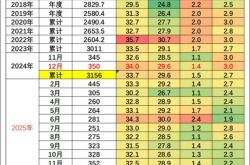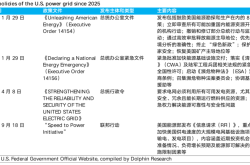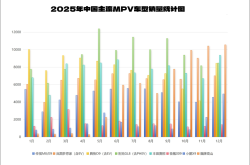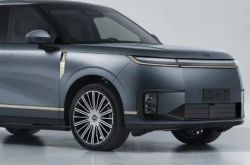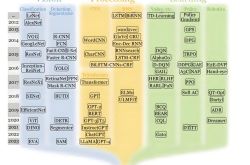Initial Success in Addressing Vicious Competition in the Auto Industry
![]() 06/30 2025
06/30 2025
![]() 719
719
As the first half of 2025 draws to a close, the domestic auto industry has witnessed a significant milestone: the alleviation of the increasingly pervasive vicious competition that has plagued the sector over the past two years. This achievement is the culmination of concerted efforts by government departments, industry associations, and auto companies.
Through coordinated action and targeted measures, the rectification of vicious competition in the auto industry has yielded phased results, fostering hope for the industry's healthy development in the future.
The auto industry has borne the brunt of vicious competition.
Over the past two years, the domestic auto market has fallen into a vicious cycle characterized by relentless price wars and configuration battles. This not only eroded the profitability and innovation drive of enterprises but also posed a serious threat to the industry's sustainable growth.
Among various domestic industries, the auto sector has been particularly hard hit by vicious competition, exhibiting a remarkable degree of involution.
To secure a limited share of the auto market, many companies resorted to relentless price cutting, with successive waves of reductions leaving consumers in a quandary, hesitant to make purchases amidst the confusion. So-called "one-price sales" were often a guise for disguised price reductions.
To hype up the intelligence features of their products, some auto companies exaggerated their capabilities, marketing assisted driving functions as autonomous driving, thereby misleading consumers.
Furthermore, the excessive stacking of configurations and an arms race have emerged as another form of vicious competition. Many companies blindly added various flashy functions, disregarding costs and actual market demand, leading to a colossal waste of resources and the risk of R&D imbalances. This vicious competition has directly resulted in a decline in the overall profit of the auto industry, limited R&D investment, and even existential crises for some auto companies. It has also inflicted significant harm on auto suppliers and dealers, affecting the stability and development of upstream and downstream industrial chains, and gradually magnifying its negative economic and social impacts.
The central government has placed significant emphasis on addressing vicious competition.
On July 30, 2024, the meeting of the Political Bureau of the CPC Central Committee highlighted the need to strengthen industry self-discipline and prevent vicious competition. The Central Economic Work Conference, held in Beijing from December 11 to 12, 2024, proposed a comprehensive rectification of vicious competition.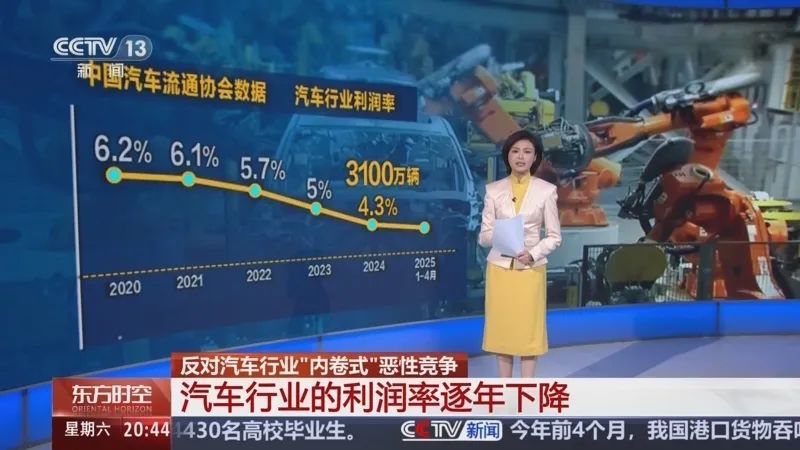
During the Two Sessions in early March this year, Premier Li Qiang also emphasized in the government work report the need to "comprehensively rectify vicious competition."
At the 2025 EV100 Forum on March 29, 2025, the heads of the National Development and Reform Commission, the Ministry of Industry and Information Technology, and the State-owned Assets Supervision and Administration Commission all advocated for effective measures to address vicious competition.
Zheng Bei, Deputy Director of the National Development and Reform Commission, stated that the problem of disorderly competition in China's auto industry is prominent. Some enterprises are willing to sacrifice profits to seize market share, and phenomena such as false advertising and malicious smearing also occur from time to time. This not only leads to a short-term decline in industry profits but also undermines technological innovation, product quality and safety, and weakens industrial competitiveness in the long term.
Xin Guobin, Vice Minister of the Ministry of Industry and Information Technology, proposed a comprehensive rectification of vicious competition and the implementation of special actions against unfair competition online to create a favorable market environment.
Gou Ping, Vice Chairman of the State-owned Assets Supervision and Administration Commission, emphasized the need to avoid vicious competition, advocating for competition based on quality rather than price, experience rather than parameters, and service rather than gimmicks. He called for a collective effort to build a healthier and more sustainable automotive industry ecosystem.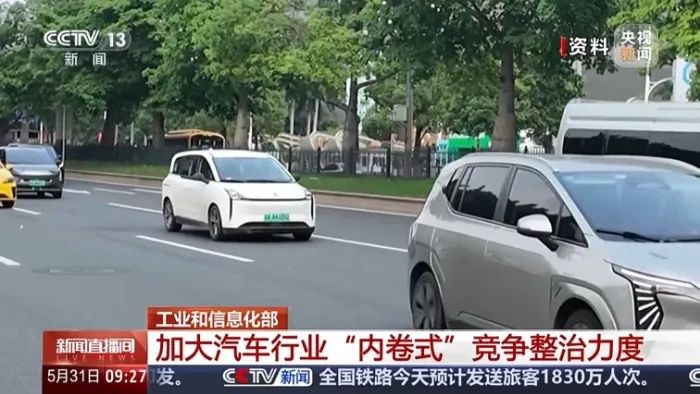
Recently, in response to the vicious competition and price wars in the auto industry, top leaders and members of the State Council have successively issued instructions, demanding measures to curb these practices.
Under the personal supervision of the central leadership, relevant government departments, industry associations, and enterprises have jointly launched a campaign to govern vicious competition in the auto industry.
A Multi-faceted Approach to Addressing Vicious Competition
Relevant government departments have fully leveraged their role in macro-control and policy guidance, introducing a series of policies and regulations aimed at regulating market order and guiding industrial upgrading. They have strengthened supervision over price wars in the auto industry to prevent unfair competition from undermining market fairness. Through policy tools such as tax incentives and financial subsidies, they have encouraged auto companies to invest more in core areas like technological research and development and green production, rather than relying solely on price and configuration competition. The gradual implementation of these policies has stabilized the auto industry, effectively curbing the further spread of vicious competition and laying a solid foundation for the industry's return to a rational development path.
Auto industry associations have actively played a bridging and self-discipline role, guiding enterprises to establish correct competitive concepts and development strategies. They have also strengthened supervision and restraint over member enterprises, warning and punishing those that violate industry self-discipline conventions and engage in vicious competition, thereby maintaining the industry's overall image and market order.
At the beginning of June, the Ministry of Industry and Information Technology, the National Development and Reform Commission, and the State Administration for Market Regulation jointly interviewed the heads of 17 mainstream domestic auto companies. They were instructed to strictly abide by the Price Law of the People's Republic of China, the Anti-Unfair Competition Law of the People's Republic of China, and the Product Quality Law of the People's Republic of China, and refrain from engaging in price wars and vicious competition.
Following the collective interview, some auto companies took the initiative to reduce their sales targets and abandon aggressive growth strategies. Others began to focus on internal potential tapping and refrained from price wars. More than a dozen auto OEMs issued statements committing to shortening the payment period to suppliers to within 60 days. GAC Group, along with its five major brands of GAC AION, GAC Trumpchi, GAC NE, GAC Honda, and GAC Toyota, solemnly promised to ensure that dealer rebates are fulfilled within two months to alleviate financial pressure on dealers.
With the phased achievements in governing vicious competition in the auto industry, market order has been effectively regulated, and the pricing system has gradually returned to rationality. However, it is crucial to recognize that addressing vicious competition in the auto industry is a long-term endeavor. It requires sustained efforts from the government, industry associations, and enterprises to consolidate existing achievements and address emerging challenges and issues. (End)

